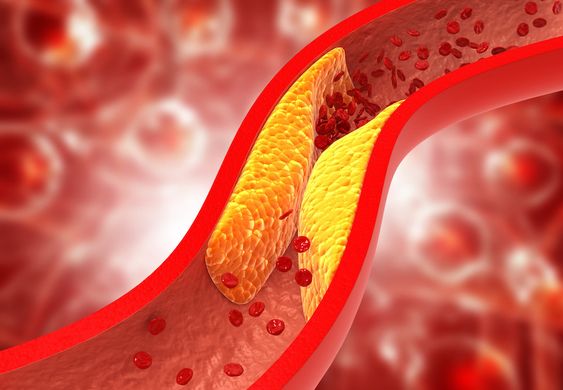Introduction:
High cholesterol is a common health concern that affects millions of people worldwide. It is a major risk factor for heart disease, which is the leading cause of death for both men and women.
Cholesterol is a fatty substance that is essential for the body to function properly. However, high levels of cholesterol in the blood can build up inside the arteries, forming plaque. Over time, plaque hardens and narrows the arteries, restricting blood flow. This process is known as atherosclerosis.

The good news is that high cholesterol can be managed through lifestyle changes and medication. By taking steps to lower your cholesterol, you can significantly reduce your risk of developing heart disease.
Understanding Cholesterol
Cholesterol isn't inherently bad. Your body needs it to build healthy cells. However, like many things, too much cholesterol can be a problem. There are two main types of cholesterol:
- Low-density lipoprotein (LDL) cholesterol: Often referred to as "bad" cholesterol, LDL contributes to plaque buildup in your arteries.
- High-density lipoprotein (HDL) cholesterol: This "good" cholesterol helps remove LDL cholesterol from your arteries.
Triglycerides are another type of fat found in your blood that can raise your risk of heart disease, especially when combined with high cholesterol.
Lifestyle Changes for Lowering Cholesterol
Making key lifestyle changes is often the first step in managing high cholesterol:
- Healthy Diet: Reduce your intake of saturated and trans fats, which are found in many processed foods and fatty meats. Focus on a diet rich in fruits, vegetables, whole grains, and lean proteins.
- Regular Exercise: Aim for at least 30 minutes of moderate-intensity exercise most days of the week. Physical activity helps raise HDL ("good") cholesterol.
- Weight Management: If you are overweight or obese, losing even a small amount of weight can help lower your cholesterol levels.
- Quit Smoking: Smoking lowers HDL cholesterol and increases LDL cholesterol. Quitting smoking is one of the most important things you can do for your heart health.
Medications for High Cholesterol
If lifestyle changes alone aren't enough to lower your cholesterol, your doctor may prescribe medications:
- Statins: These are the most common type of cholesterol-lowering medication. They work by blocking the liver's production of cholesterol.
- Bile acid sequestrants: These medications bind to cholesterol in the intestines, preventing it from being absorbed into the bloodstream.
- Cholesterol absorption inhibitors: These medications reduce the amount of cholesterol absorbed from food.
- PCSK9 inhibitors: These newer medications are highly effective in lowering LDL cholesterol.
Regular Monitoring is Key
Managing high cholesterol is an ongoing process. Your doctor will monitor your cholesterol levels regularly and adjust your treatment plan as needed. By taking an active role in managing your cholesterol, you can improve your heart health and reduce your risk of heart disease.

.jpg)